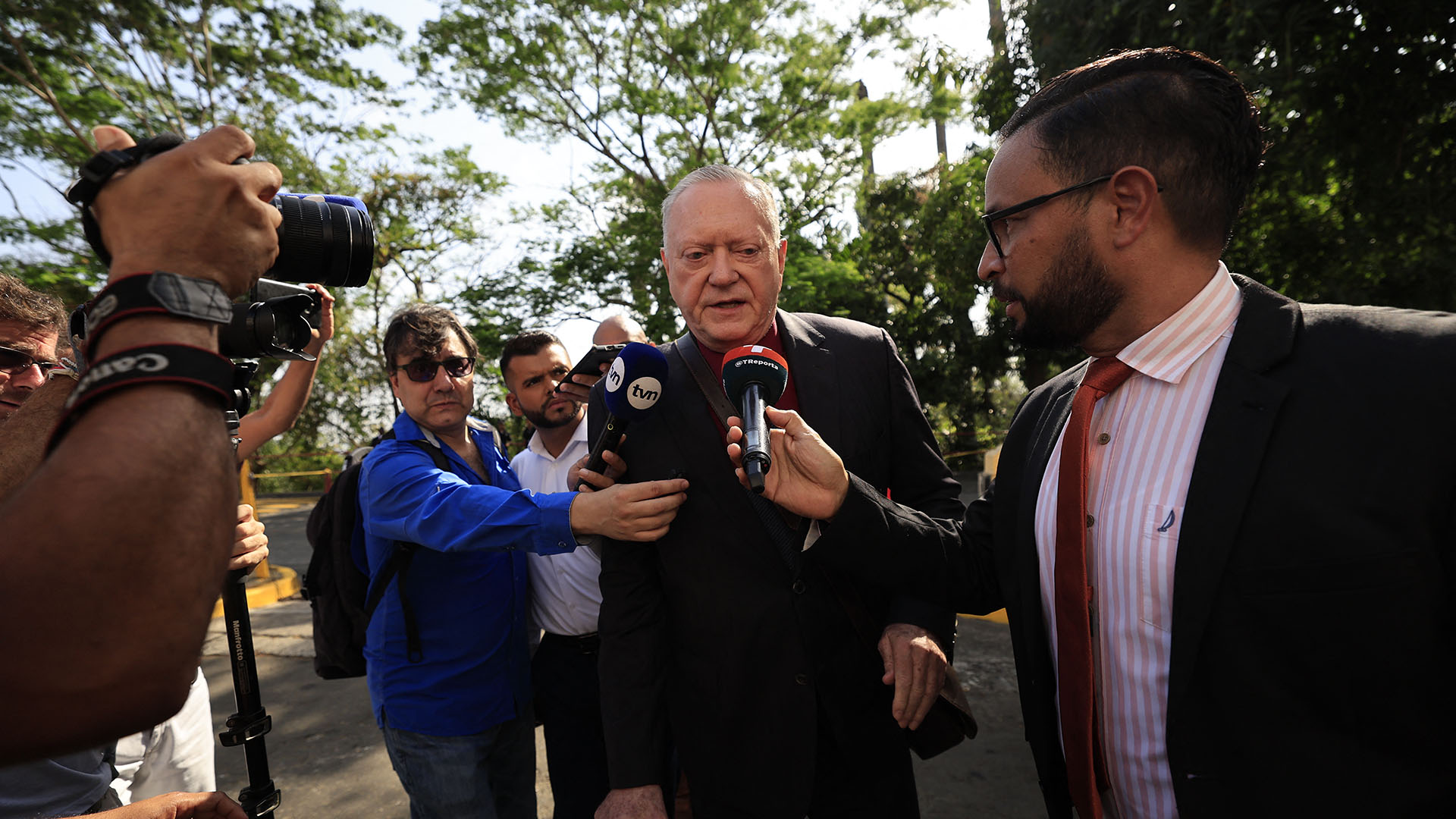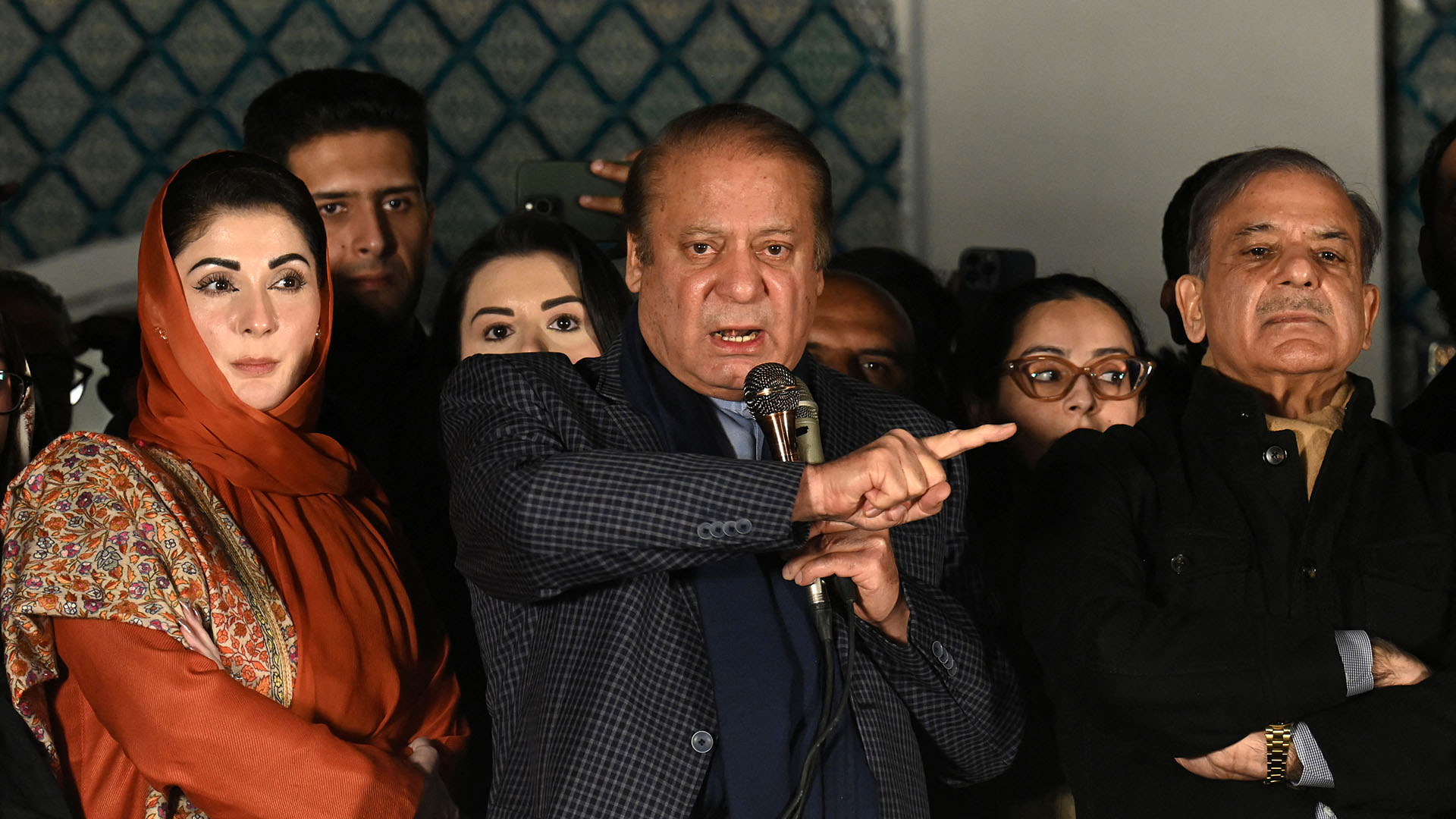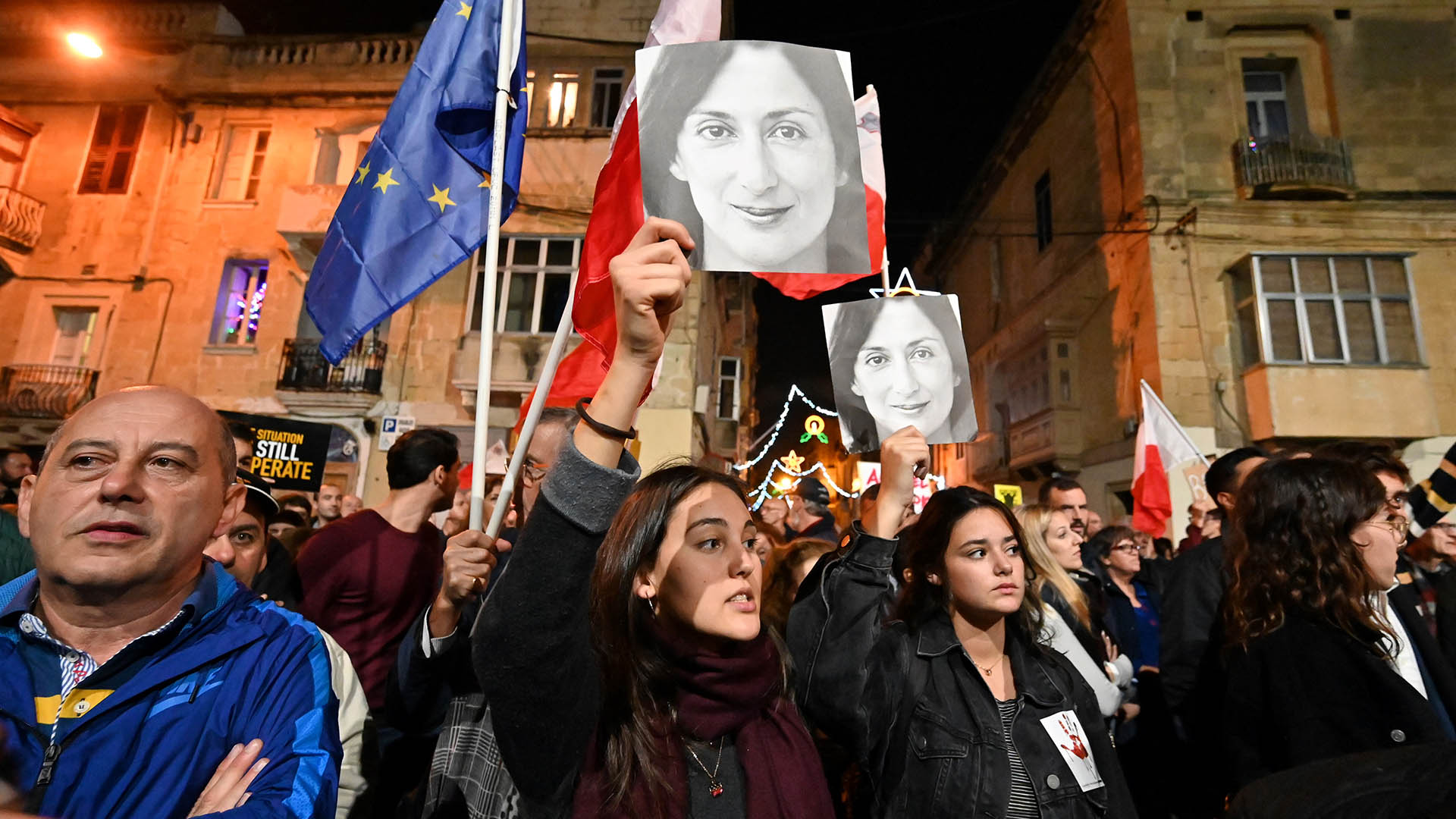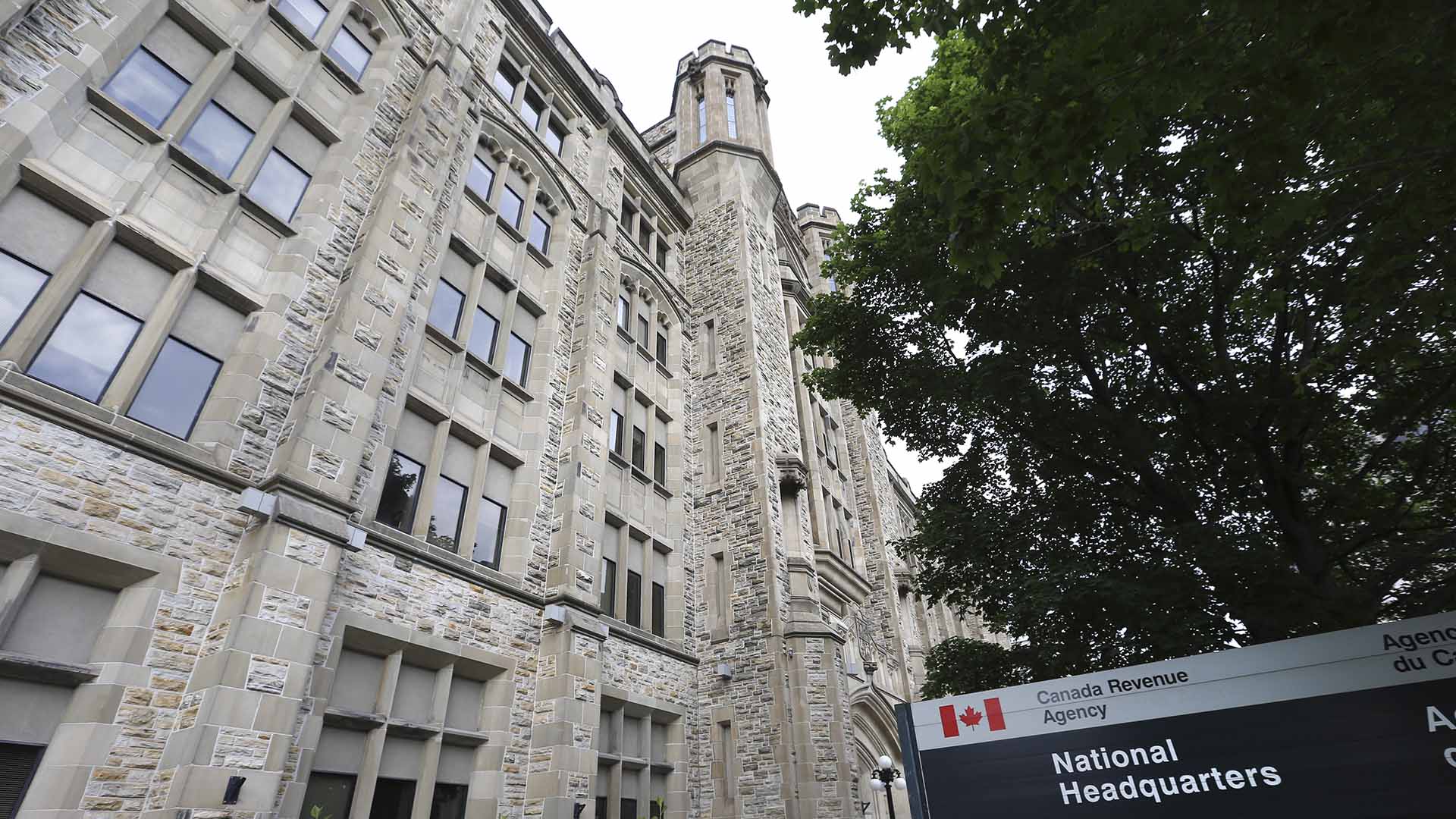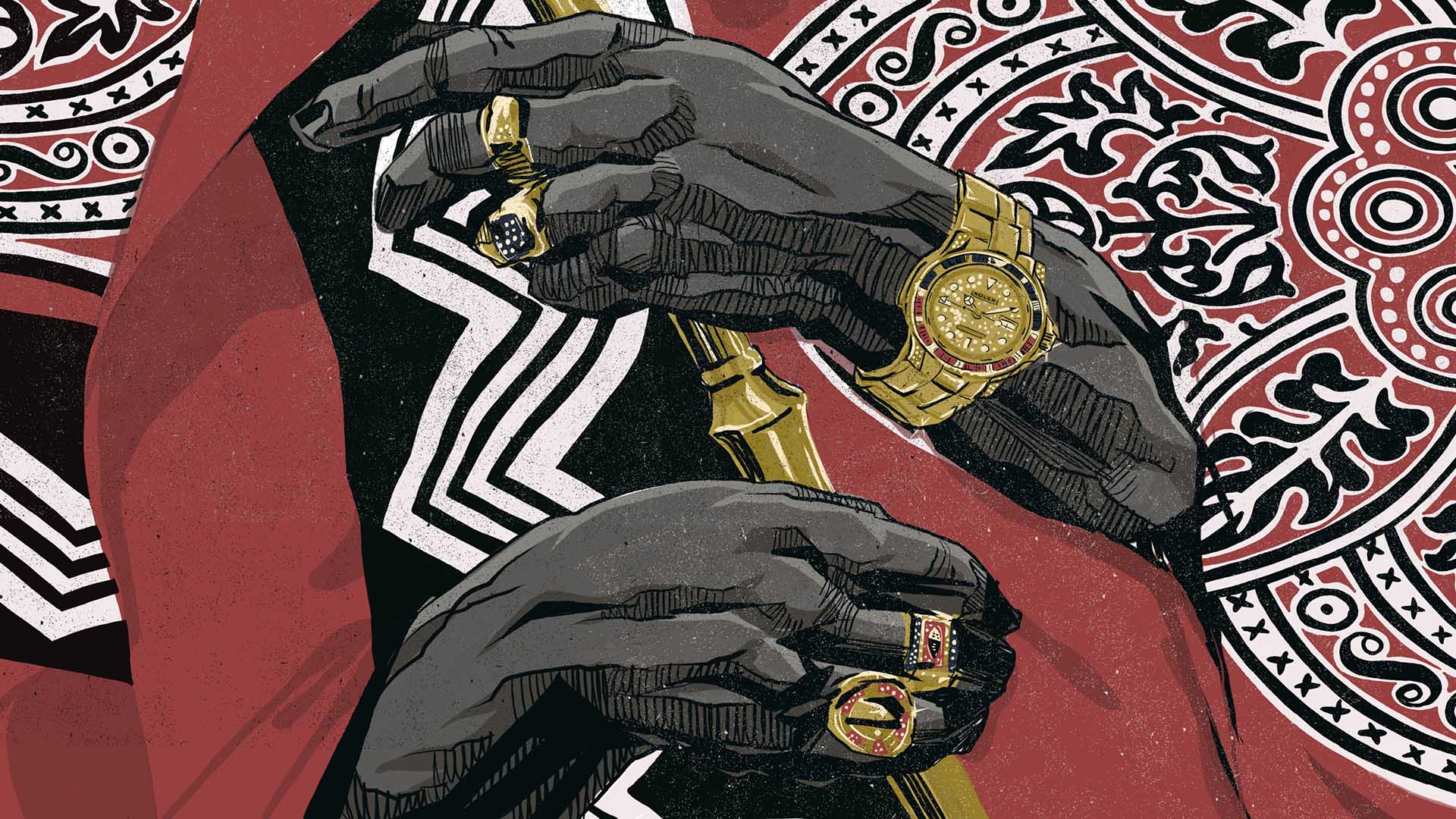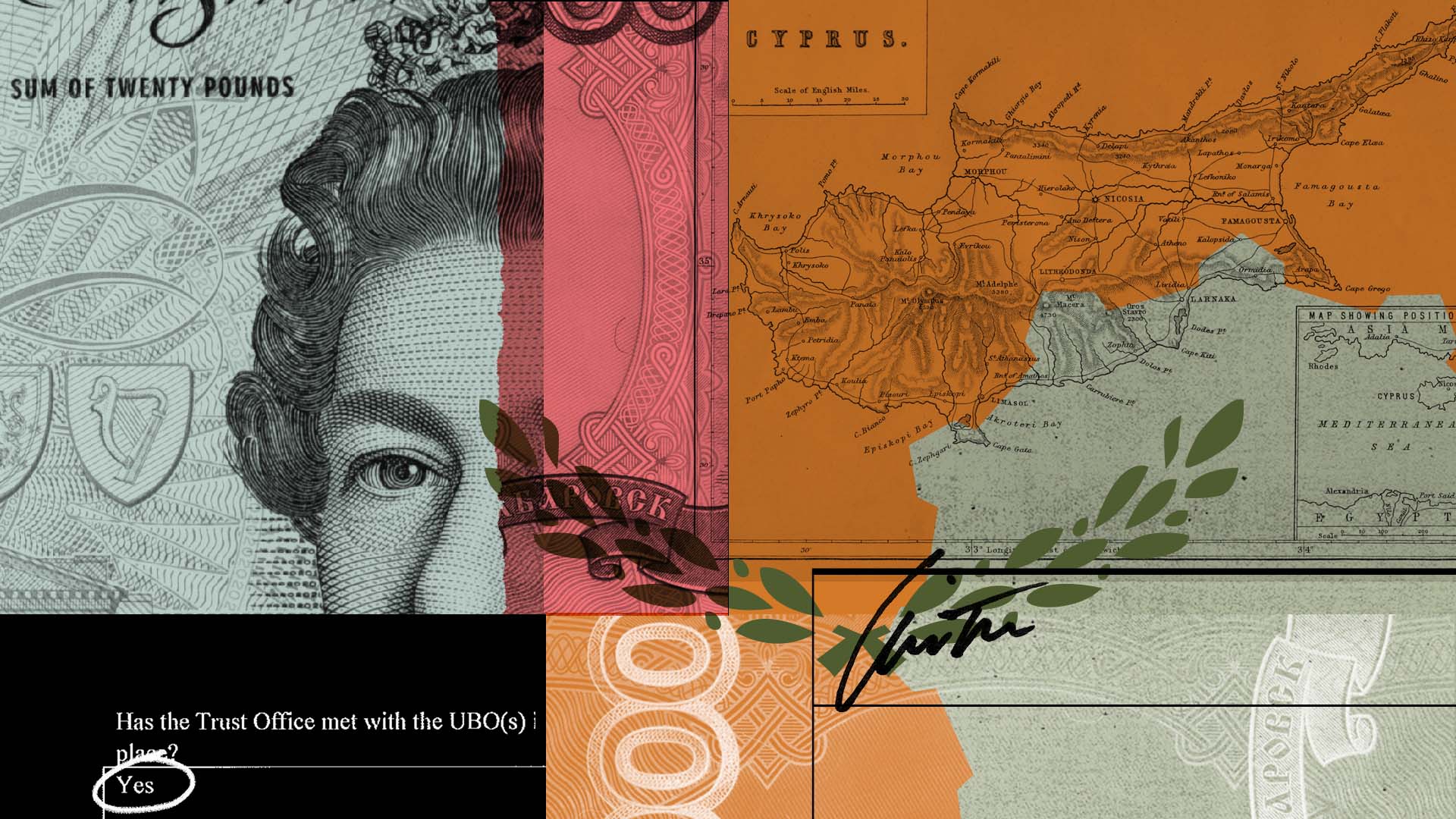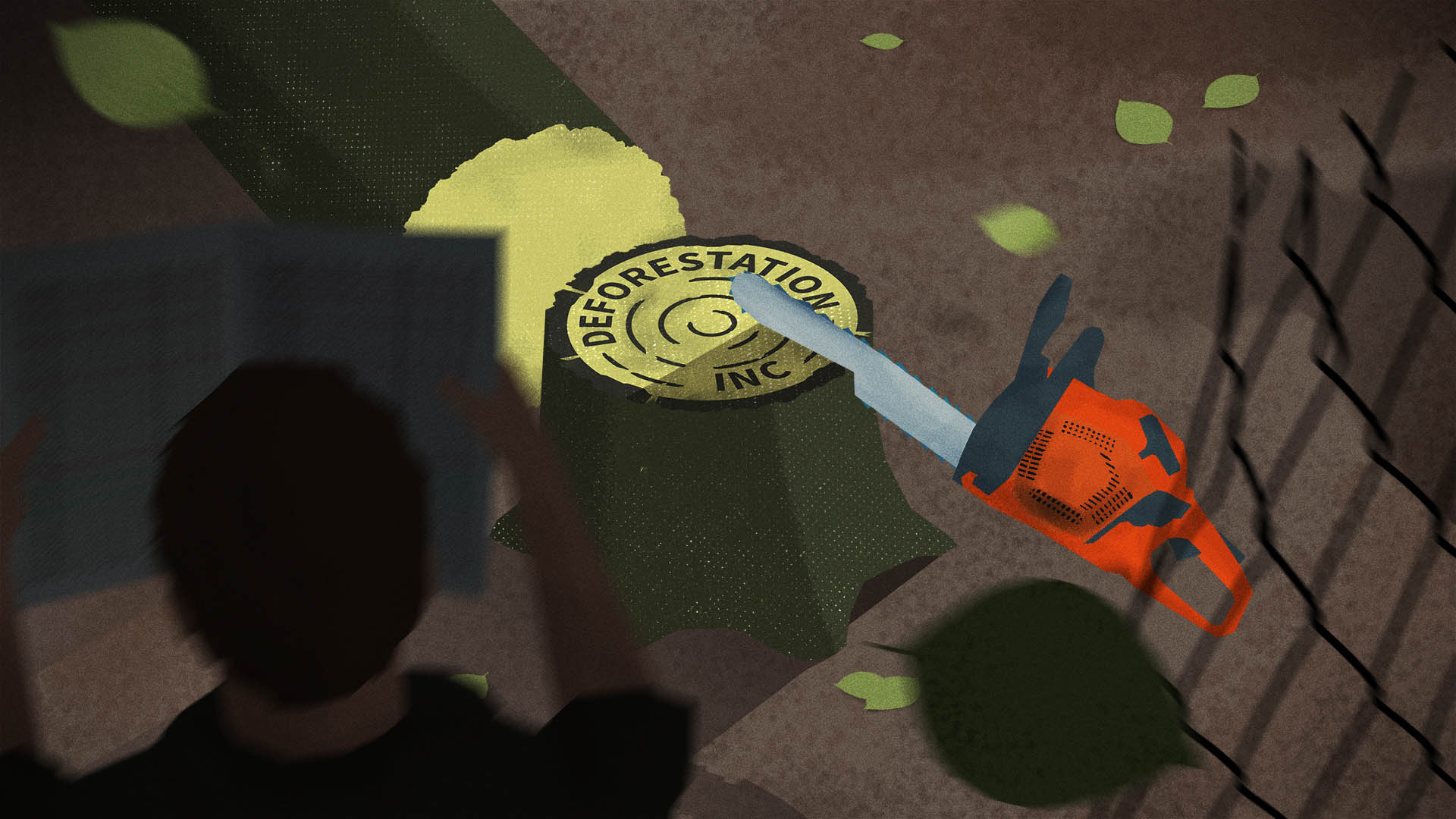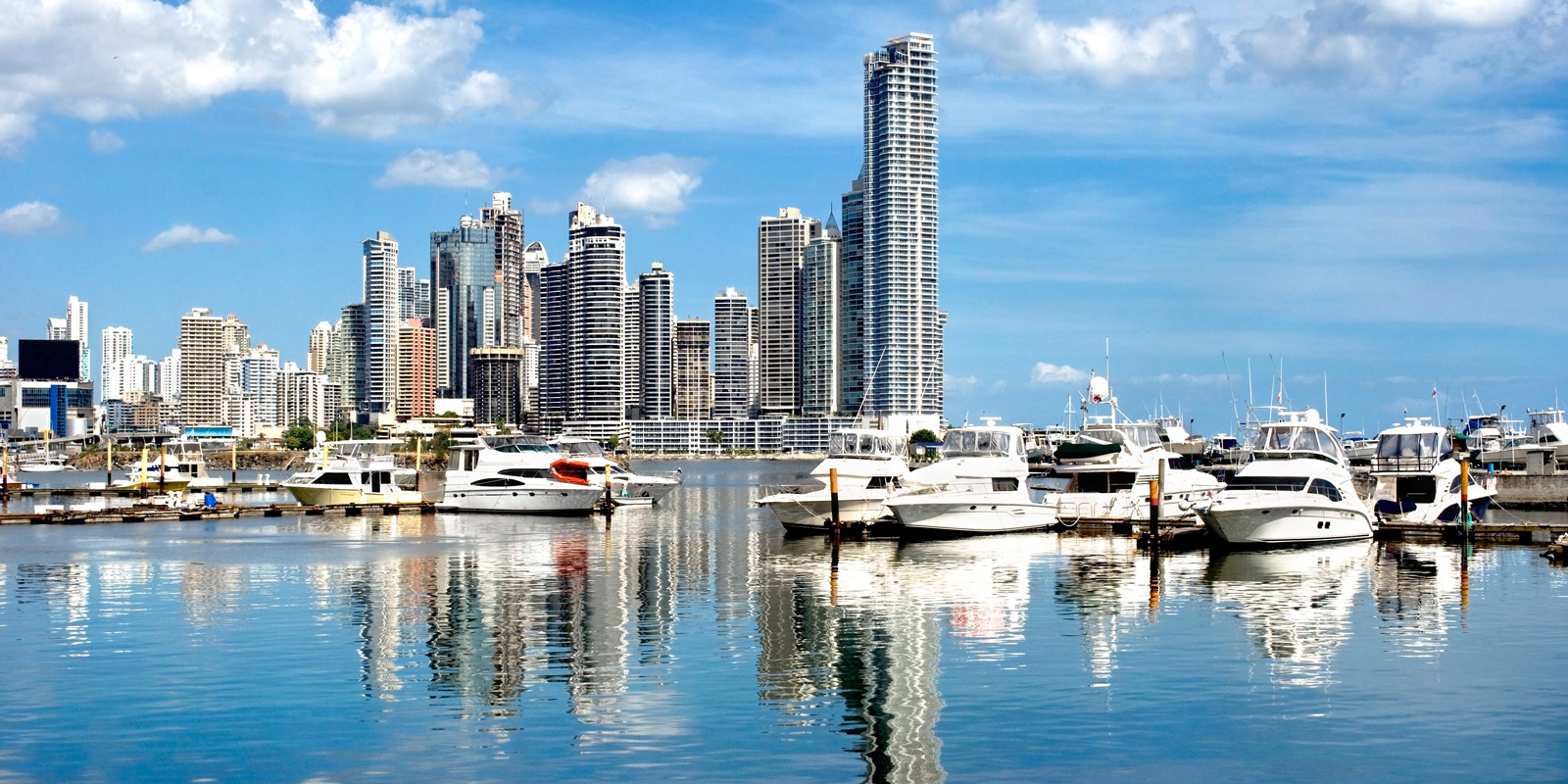
Mossack Fonseca & Co. had a problem in Vegas.
Legal papers filed in U.S. District Court in Las Vegas claimed that the Panama-based law firm had created 123 companies in Nevada that had been used by a crony of Argentina’s former president to steal millions of dollars from government contracts. A subpoena demanded that Mossack Fonseca turn over details about any money that had flowed through the Nevada companies.
Mossack Fonesca didn’t want to provide this information. For a firm that specializes in setting up hard-to-trace offshore companies for clients around the world, confidentiality is a must.
The law firm tried to block the subpoena by denying that its Las Vegas operations, run by a company called M.F. Corporate Services (Nevada) Limited, were part of the Mossack Fonseca group.
The firm’s Panama-based co-founder, Jürgen Mossack, testified under oath that “MF Nevada and Mossack Fonseca do not have a parent-subsidiary relationship nor does Mossack Fonseca control the internal affairs or daily operations of MF Nevada’s business.”
But secret records obtained by the International Consortium of Investigative Journalists (ICIJ), the German newspaper Süddeutsche Zeitung and more than 100 other media partners raise new doubts over that sworn testimony.

Not only do they show that the Nevada subsidiary was wholly owned by Mossack Fonseca but that, behind the scenes, the firm took steps to wipe potentially damaging records from phones and computers to keep details of their clients from the United States justice system.
One email from 2014, for instance, instructs that any link between Mossack Fonseca’s central computing system in Panama and the Nevada office “has to be obscure to the investigators.” Other emails report that IT operatives working via remote control from Panama “tried to clean the logs of the PC’s in the Nevada office” and planned to run a “remote session to eliminate the traces of direct access to our CIS” — the firm’s computer information system.
The documents even show that a firm employee traveled from Panama to Vegas to whisk paper documents out of the country. “When Andrés came to Nevada he cleaned up everything and brought all documents to Panama,” a Sept. 24, 2014 email said.
In comments to ICIJ, Mossack Fonseca “categorically” denied hiding or destroying documents that might be used in an ongoing investigation or litigation.
The more than 11 million documents obtained by ICIJ — emails, bank accounts and client records — represent the inner workings of Mossack Fonseca for nearly forty years, from 1977 to December 2015. They reveal the offshore holdings of individuals and companies from more than 200 countries and territories.
They recount example after example of ethical and legal wrongdoing by clients and provide evidence of a firm happy to act as a gatekeeper to the secrets of its clients, even those who turn out to be crooks, members of the Mafia, drug dealers, corrupt politicians and tax evaders.
The files show that business has been good.
Today, Mossack Fonseca is considered one of the world’s five biggest wholesalers of offshore secrecy. It has more than 500 employees and collaborators in more than 40 offices around the world, including three in Switzerland and eight in China, and in 2013 had billings of more than $42 million.
Mossack Fonseca responded to questions raised by ICIJ’s findings saying that “for 40 years Mossack Fonseca has operated beyond reproach … Our firm has never been accused or charged in connection with criminal wrongdoing.”
Spokesman Carlos Sousa said that the firm “merely helps clients incorporate companies.”
That doesn’t amount to “establishing a business link with or directing in any way the companies so formed,” Sousa said.
Firm’s roots
Mossack Fonseca traces its beginnings to 1986, when Ramón Fonseca merged his small, one-secretary law firm in Panama with another local firm headed by Jürgen Mossack, a Panamanian of German origin.
“Together,” Fonseca later mused to a journalist, “we have created a monster.”
Both men had international pedigrees and backgrounds in the worlds of money, power and secrets.

Fonseca was born in Panama in 1952 and studied law and political science at the University of Panama and the London School of Economics. As a young man, he once recalled, he hoped to save the world, first yearning to be a priest and later working for six years for the United Nations in Geneva.
“I didn’t save anything, I didn’t make any change,” he recalled in a television interview in 2008. “I decided then, as I was a little more mature, to dedicate myself to my profession, to have a family, to get married and have a regular life … As one gets older, you turn more materialistic.”
Mossack was born in Germany in 1948. He moved to Panama with his family in the early 1960s, according to his law partner.
Mossack’s father had been a member of the Waffen-SS, the notorious armed wing of the Nazi Party during World War II, according to U.S. Army intelligence files obtained by ICIJ.
After the war the father offered his services to the U.S. government as an informant, the files show, claiming “he was about to join a clandestine organization, either of former Nazis now turned Communist . . . or of unconverted Nazis cloaking themselves as Communists.” An Army intelligence officer wrote that the offer to spy for the U.S. might simply be “a shrewd attempt to get out of an awkward situation.”
Nevertheless, the old intelligence files indicate that Mossack’s father later ended up in Panama, where he offered to spy, this time for the CIA, on Communist activity in nearby Cuba.
After earning a law degree in Panama in 1973, the son worked for a time as a lawyer in London before returning to Panama to start the firm that he would later merge to form Mossack Fonseca & Co.
Today, both partners move in the highest circles of Panamanian society.
As well as being a lawyer, Fonseca leads an equally high profile second life as an award-winning novelist. Among his books is “Mister Politicus,” a political thriller that, his literary website says, “articulates the tangled processes that unscrupulous officials use to gain power and achieve their detestable ambitions.”
Fonseca knows the world of politics through his work until recently as a top adviser to the Panamanian President, Juan Carlos Varela.
Fonseca announced in early March that he was taking a leave of absence from that position after allegations that Mossack Fonseca’s Brazilian office was involved in a still-growing bribery and money-laundering scandal centered on Brazil’s state-controlled oil company. He took the action, he said, “to defend my honor and my firm.”
Denying any involvement in wrong-doing during a television interview, he used an analogy the company has employed before, saying that if an offshore firm is put to bad use, the company is no more culpable than an automobile factory that built a car later used in a robbery.

Mossack is a member of the prestigious Club Union, where his daughter Nicole made her debut in 2008. He also served on the Conarex, Panama’s council on foreign relations, from 2009 to 2014.
Mossack’s holdings, according to the files obtained by ICIJ, include a teak plantation and other real estate, an executive helicopter, a yacht named Rex Maris and a collection of gold coins.
Path breaking in the BVI
The merger that created Mossack Fonseca came at a difficult time in Panama’s history. The country faced political and economic instability under military dictator Manuel Noriega, who was getting unwelcome attention because of growing evidence that he was involved in money laundering and drug running.
In 1987, with Panama under a shadow, Mossack Fonseca made its first big move abroad, establishing a branch in the British Virgin Islands, which a few years before had passed a law that made it easy to set up offshore companies without public disclosure of owners and directors.
“Mossack Fonseca was the first to come from Panama to the BVI and others followed,” Rosemarie Flax, Mossack Fonseca’s longtime managing director there, told a British Virgin Islands news outlet in May 2014.

Today, the British Virgin Islands are home to about 40 percent of the world’s offshore companies. Of the companies that appear in Mossack Fonseca’s files, one out of every two companies — more than 113,000 — were incorporated in the British Virgin Islands.
Tales of the South Pacific
Mossack Fonseca made another significant move in 1994.
It helped the tiny nation of Niue — a South Pacific coral outcrop with a population of fewer than 2,000 — craft legislation that provided for incorporation of offshore companies. The law firm had picked Niue, Mossack later told Agence France-Presse, because it wanted a location in an Asia-Pacific time zone and because it would face no competitors: “If we had a jurisdiction that was small, and we had it from the beginning, we could offer people a stable environment, a stable price.”
The firm then signed a 20-year-deal with the small atoll’s government for exclusive rights to register offshore companies in Niue. Importantly, Niue offered registration in Chinese or Cyrillic characters, making it attractive to Chinese and Russian customers.
By 2001, Mossack Fonseca was doing so much business out of Niue that it was paying the equivalent of $1.6 million of the Niue government’s projected $2 million annual budget.
But the firm’s cozy relations with the island nation also began attracting unwanted scrutiny.
That same year the U.S. State Department questioned the “awkward sharing arrangements” between Niue and Mossack Fonseca and warned that Niue’s offshore industry had been “linked with the laundering of criminal proceeds from Russia and South America.”
The Financial Action Taskforce, an intergovernmental organization set up by major nations to combat money laundering, put Niue on a blacklist of jurisdictions that were failing to take steps to prevent money laundering, threatening economic sanctions.
Though Mossack denied that Niue was involved in money laundering, in 2001 the Bank of New York and Chase Manhattan imposed embargoes on transfers of dollars to Niue. In 2003, Niue declined to renew four Mossack Fonseca-incorporated companies, signaling that it would be shutting down the firm’s exclusive franchise.
Shifting operations
Losing Niue didn’t slow Mossack Fonseca down. It simply shifted its operations, with the law firm encouraging customers who had companies in Niue to simply re-incorporate in the nearby nation of Samoa.
The switch was part of a pattern that emerges in the documents. When legal crackdowns have hindered Mossack Fonseca’s ability to serve its clients, it has quickly adapted and found other places to work.
When the British Virgin Islands cracked down on bearer shares in 2005, Mossack Fonseca moved that particular business to Panama.
Companies that have bearer shares don’t display an owner’s name. If a company’s bearer certificates are in your hands, you own the company. Bearer shares have long been considered a vehicle for money laundering and other wrongdoing, and have been gradually disappearing worldwide. In some jurisdictions, they are still allowed, although subject to more restrictions.
Mossack Fonseca’s ability to move its business swiftly shows up in a big increase in incorporations in one of those jurisdictions, the Caribbean island Anguilla, which saw the number of companies incorporated there more than double between 2010 and 2011. Anguilla is now one of Mossack Fonseca’s top four jurisdictions for incorporations.
Mossack Fonseca has also expanded its operations to take care of the additional needs of its customers, including registering private aircraft and yachts.
By 2006, according to the files, Mossack Fonseca expanded its business further by handling the finances of some clients or, as the company described it, “discretionary portfolio management.”
According to the documents the firm’s in-house asset manager operations — called Mossfon Asset Management S.A., or MAMSA — handled more than 4,700 transactions and at least $1.2 billion in client money between mid-2007 and mid-2015.
MAMSA worked with several banks, including at least two that have been the subjects of money laundering investigations: Banca Privada d’Andorra, accused by the U.S. Treasury Department in a 2015 report of money laundering for powerful criminal gangs, and Deutsche Bank Switzerland, whose parent company has been investigated by authorities in the United Kingdom and the United States for possible money laundering for Russian clients. The U.S. withdrew its finding on Banca Privada d’Andorra on Feb. 19, 2016, saying that it “no longer operates in a manner that poses a threat to the U.S. financial system.”
The former non-executive chairmen of the bank, brothers Ramon and Higini Cierco, whose family is the majority shareholder, said that they believed at the Treasury action could not withstand a court challenge and that the allegations were based on cases that the Andorran regulator has “been aware of for years.”
Secrecy for sale
The files show that as well as Deutsche Bank, the firm works with some of the world’s other biggest financial institutions, such as HSBC, Société Générale, Credit Suisse, UBS, and Commerzbank, in some cases to help the banks’ clients set up complex structures that make it hard for tax collectors and investigators to track the flow of money from one place to another.

Mossack Fonseca said that allegation that it provides structures designed to hide the identity of owners is “completely unsupported and false.”
Société Générale and Credit Suisse said they emphasize tax compliance and are vigilant against fraud and money laundering.
Credit Suisse said that, since 2013, it has been putting in place programs that ask private clients to provide evidence of tax compliance or lose their banking relationship.
“The allegations are historical, in some cases dating back 20 years, predating our significant, well-publicized reforms implemented over the last few years,” said Rob Sherman, a spokesman for HSBC in New York.
UBS said it knows the identity of the owners of all companies that it is asked to work with and has strict anti-money-laundering rules. Deutsche Bank noted that it reached an agreement Nov. 24, 2015 with the U.S. Justice Department to pay $31 million in exchange for a non-prosecution agreement in a U.S. investigation of Swiss banks that helped U.S. citizens evade taxes.
Commerzbank said it would have no comment.
The real owners of bank accounts that appear under the name of anonymous offshore companies registered by Mossack Fonseca may be hidden behind so-called nominee directors — stand-in directors supplied by Mossack Fonseca — who provide cover for the real owners.
Depending on how much a client pays, more than one secrecy jurisdiction and more than one anonymous company can be involved, adding to the frustration of authorities if they try to trace the real owners.
In Panama, Mossack Fonseca’s products include private foundations, which are not subject to taxes in Panama and operate under a law that does not require the names of the founders or beneficiaries to be revealed.
Other activities found in the files include Mossack Fonseca changing and backdating documents when a client is in trouble and allowing customers to hide their assets by setting up foundations in Panama that initially list non-profits such as the World Wildlife Fund as the beneficiary but allow the customer to change the beneficiary at will.
Backdating is a common industry practice, sometimes reflecting the date of a decision made before it was recorded, Mossack Fonseca said. The aim “is not to cover up or hide unlawful acts.”
In one case, the firm helped a financial advice author from New York hide $1 million from the United States Internal Revenue Service by providing the author with “a natural person nominee” — a straw man who worked for Mossack Fonseca — who pretended to be the owner of an investment account with HSBC bank in Guernsey, an island nation in the English Channel.
“We do not provide beneficiary services to deceive banks,” said Mossack Fonseca in written answers to ICIJ.
Most wanted
Though Mossack Fonseca publicly says it “conducts exhaustive due diligence to verify the legitimacy of each our clients” and says it would never work with political grafters, criminals or other shady characters, the firm’s internal records paint a different picture.
An analysis by ICIJ found, for example, that Mossack Fonseca has worked with at least 33 companies and people blacklisted by U.S. government because of evidence that they’d been involved in wrongdoing, such as terrorism, narcotics trafficking or because they aided rogue regimes such as North Korea or Iran.
Mossack Fonseca said it “does not foster or promote unlawful acts” and has “never knowingly allowed the use of our companies” by individuals working with sanctioned governments. In most cases, the obligation to vet customers belongs to the banks, law firms and other intermediaries that are the link between the Panama firm and the owners of their shell companies, it said.
The leaked files show that in some cases Mossack Fonseca’s loose procedures allowed blacklisted individuals and other questionable clients to slip by without the firm itself knowing who they were.
In other instances, the files suggest that Mossack Fonseca made a financial calculation to hang onto clients who were big sources of fees for the company, even after they were revealed by authorities to be undesirable.

In an episode involving Rafael Caro Quintero, the one-time head of the Guadalajara drug cartel in Mexico, the firm’s actions were apparently based on a more visceral consideration — fear.
Authorities arrested Caro Quintero in Costa Rica in 1985 for the torture and murder of U.S. drug agent Enrique “Kiki” Camarena. He was extradited to Mexico and sentenced in 1989 to 40 years in prison. The Mexican government confiscated his wealth — including a property that belonged to an offshore company set up by Mossack Fonseca — and handed it over to Costa Rica’s government, which then passed it to Costa Rica’s National Olympic Committee.
The files show that in March 2005, Costa Rican Olympic officials asked Mossack Fonseca to help them obtain clear title to the property.
A lawyer working for Mossack Fonseca told the Costa Rican visitors that the offshore company’s shareholders would have to decide. A document in Caro Quintero’s company files labeled “Case details > shareholders” contained only a notation: “No data found!” But the lawyer wrote in an internal email exchange that it “appears the real owner of the estate, and therefore of the company, was the narcotrafficker Rafael Caro Quintero.”
Mossack, one of three directors listed for the company, wasn’t interested in getting on Caro Quintero’s bad side.
“Compared to Quintero even Pablo Escobar was a baby!” he wrote in an email exchange, the upshot of which was that Mossack Fonseca would resign from its representation of Caro Quintero’s offshore company. “I don’t want to be among those Quintero visits after jail.”
In 2013, Caro Quintero was released from prison on a technicality and immediately disappeared. He remains at large and is back on Interpol’s Most Wanted list.
Playing defense
Despite the notoriety of some of its clients, Mossack Fonseca has managed to keep a remarkably low profile. The Economist called it “the tight-lipped Mossack Fonseca” in a 2012 article about offshore middlemen.
That same year, according to the files, the firm engaged the services of Mercatrade S.A., a company that provides “online reputation management.”
The contract promises to launder Mossack Fonseca’s image by removing negative entries on the Internet related to 12 keywords in English and Spanish: “Lavado de dinero, lavado de activos, evasión fiscal, fraude fiscal, Delito, Trafico de armas, Money Laundering, Tax Evasion, Tax Fraud, dirty Money, scandal, escándalo.”
Mossack Fonseca has since retained one of the world’s most powerful public relations agencies, Burson-Marsteller, which specializes in representing controversial clients, including dictators in Argentina, Indonesia and Romania and Union Carbide after a deadly chemical explosion in Bhopal, India.
Despite the attempts at public relations, nations have begun to take a harder look at Mossack Fonseca’s practices.
In 2012 and 2013 regulators in the British Virgin Islands hit the firm with a series of fines for violating the country’s anti-money-laundering rules, including a $37,500 penalty for failing to properly screen a “high risk” client — Alaa Mubarak, the son of Egypt’s ousted former dictator.
In February 2015, German authorities launched a series of raids on the Commerzbank office and private homes in Frankfurt. Süddeutsche Zeitung reported at the time that the German authorities were considering legal actions against Mossack Fonseca employees for possible contributions to tax evasion involving the bank’s offices in nearby Luxembourg.
In early 2016 in Brazil, Mossack Fonseca became one of the targets of a bribery and money laundering investigation dubbed “Operation Car Wash,” which is rapidly growing into one of the biggest corruption scandals in Latin American history.
Prosecutors allege that Brazilian businesses cooperated with each other to divide up the bidding for contracts with state-controlled oil conglomerate Petrobras, inflating prices and using the extra money to bribe politicians and oil company officials and to enrich themselves.
Brazilian prosecutors claim Mossack Fonseca’s office in Brazil helped some of the defendants by creating shell companies that were used to commit crimes. At a news conference in January 2016, they called Mossack Fonseca “a big money launderer” and announced they had filed criminal charges against five employees of Mossack Fonseca’s Brazilian office, involving crimes ranging from money laundering to destroying and hiding documents.
The firm denies any wrongdoing in the case. It said in a statement that the Mossack Fonseca office in Brazil is a franchise, and the Panama law firm, which practices only in Panama, “is being erroneously implicated in issues for which it has no responsibility.”
The argument was similar to the one used in Vegas.

The recently settled court action in Las Vegas was begun by a U.S. company, NML Capital, which is controlled by billionaire investor Paul Singer — a hedge fund manager perhaps best known for his massive donations to the U.S. Republican Party.
Mossack Fonseca was not a defendant, but it has been the subject of court orders seeking to obtain information about Nevada companies that the hedge fund claimed had been set up through Mossack Fonseca by Lázaro Báez, a businessman close to former Argentine presidents Néstor Kirchner and Cristina Fernández.
Internal emails obtained by ICIJ show Mossack Fonseca employees in Panama scrambled to hide or destroy evidence of the firm’s control of MF Nevada out of concern that the court case might lead to a search of the Nevada branch.
Another concern, the emails show, was whether the manager of the MF Nevada branch, Patricia Amunategui, could be forced to testify. In one email, a Mossack Fonseca official said the parent firm wanted her to “behave as if she was a provider” — acting as if she was leading an independent U.S. company that had a business relationship with Mossack Fonseca but no ownership connection.
But Mossack Fonseca officials worried that she wasn’t savvy enough to pull it off.
Mossack Fonseca’s IT manager wrote that IT staffers were concerned Amunategui “does not have the skills to pass a basic audit without allowing ourselves to be in evidence — Look out!!!. . . I’m deeply worried about Mrs. Patricia forgetting things and getting very nervous. I think that in this situation it could easily become clear that we are hiding something.”
U.S. Magistrate Judge Cam Ferenbach rejected the parent firm’s attempt to distance itself from MF Nevada.
He noted that the branch manager’s contract was signed by the firm’s partners, Mossack and Fonseca, and that she received “all of her directions” from a Mossack Fonseca employee who lives and works in Panama. “Mossack Fonseca & Co.’s own website advertises the services of M.F. Corporate Services as its own,” the judge wrote.
The judge ruled in March 2015 that Mossack Fonseca and MF Nevada were one in the same.
Contributors to this story: Rigoberto Carvajal, Emilia Diaz-Struck, Cécile Schilis-Gallego, Mar Cabra, Mago Torres and Sol Lauría
